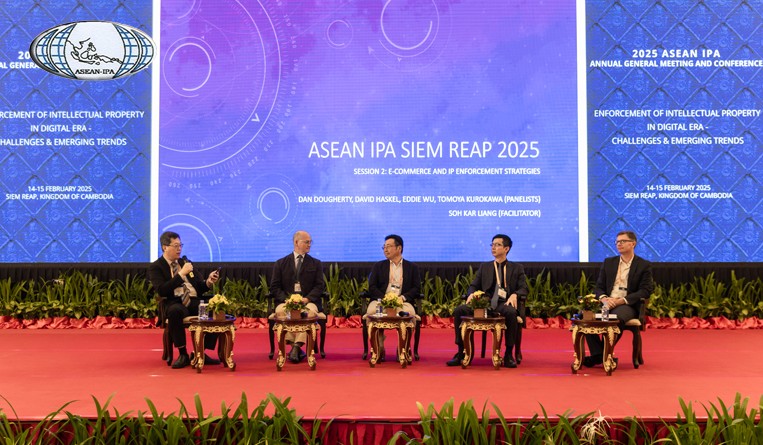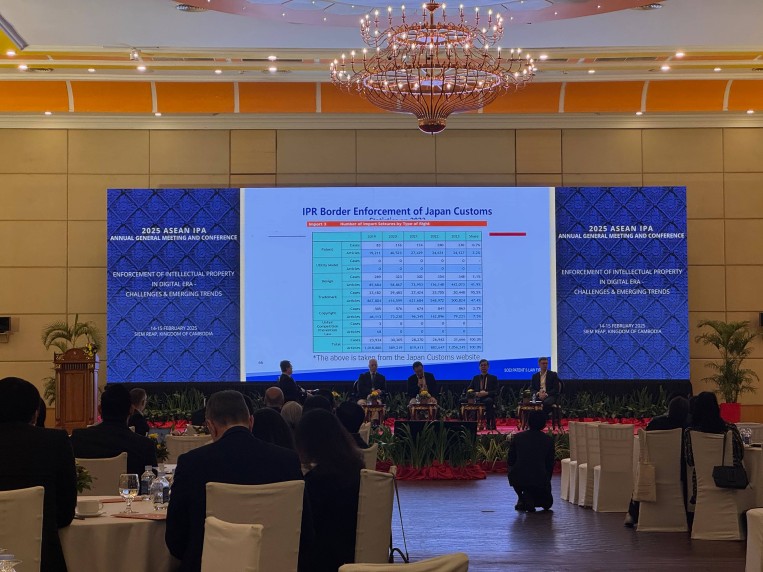The high costs and comparatively low rewards of acting against infringers often leads intellectual property owners to simply forego enforcement actions, particularly against small importers, attendees at the ASEAN IPA annual general meeting and conference in Siam Reap heard.
“There is a difficulty in enforcing infringement against infringing items that flow in as small quantities,” said Kar Liang Soh, managing director of Ella Cheong in Singapore. Soh was moderating a panel at the conference.
One of the challenges is striking a balance between the costs of action and the outcome, explained panellist Eddie Wu, counsellor at Lee and Li in Taipei. Costs can range from US$3,000 to over US$200,000, depending on the complexity of the case, so IP owners are often less willing to take action against small importers. Using Taiwan Customs as an example, he explained that 99 percent of infringing cases involve trademark infringement, and that although items arriving by post make up 88 percent of customs actions, they only account for 36 percent of the total number of items seized. The small volume problem is increasing in Taiwan, he said.
Asked by Soh if there was a solution, Wu explained that if trademark owners can educate customs on how to spot fakes, they will take action, even in small quantity imports. “Self-help works,” agreed Soh.
Platform models
Many products will flow through platforms said Soh. Turning to Daniel Dougherty, senior director for global IP enforcement at Alibaba International, he asked what observations he could share with IP owners.
“We do have initiatives where we work with customs officials to help them. In some cases, the logistics company will provide a URL associated with the small package, and for seized items we try and match that information back to the seller so we can take action,” Dougherty explained. “As an ecommerce platform, we don’t always have the information linked to the logistics company. There is usually a logistics company between the buyer and seller. If I’m a seller, my factory may be located elsewhere, so the address of the seller does not match the address of the shipment.”
Soh suggested that it sounds like the problems faced by platforms may be dependent on their business models. David Haskel, a partner with Abacus IP in Phnom Penh, agreed. Haskel explained that there is a low shipping cost for small items, which allows businesses to ship easily, but that import duties are generally not paid on small items. Highlighting two scenarios, Haskel explained that a seller may import en masse and pay duty, then sell to individuals, but for small package deliveries, the items may be shipped directly from the factory to the consumer, cutting out the middle man.




-content_original.jpg)




